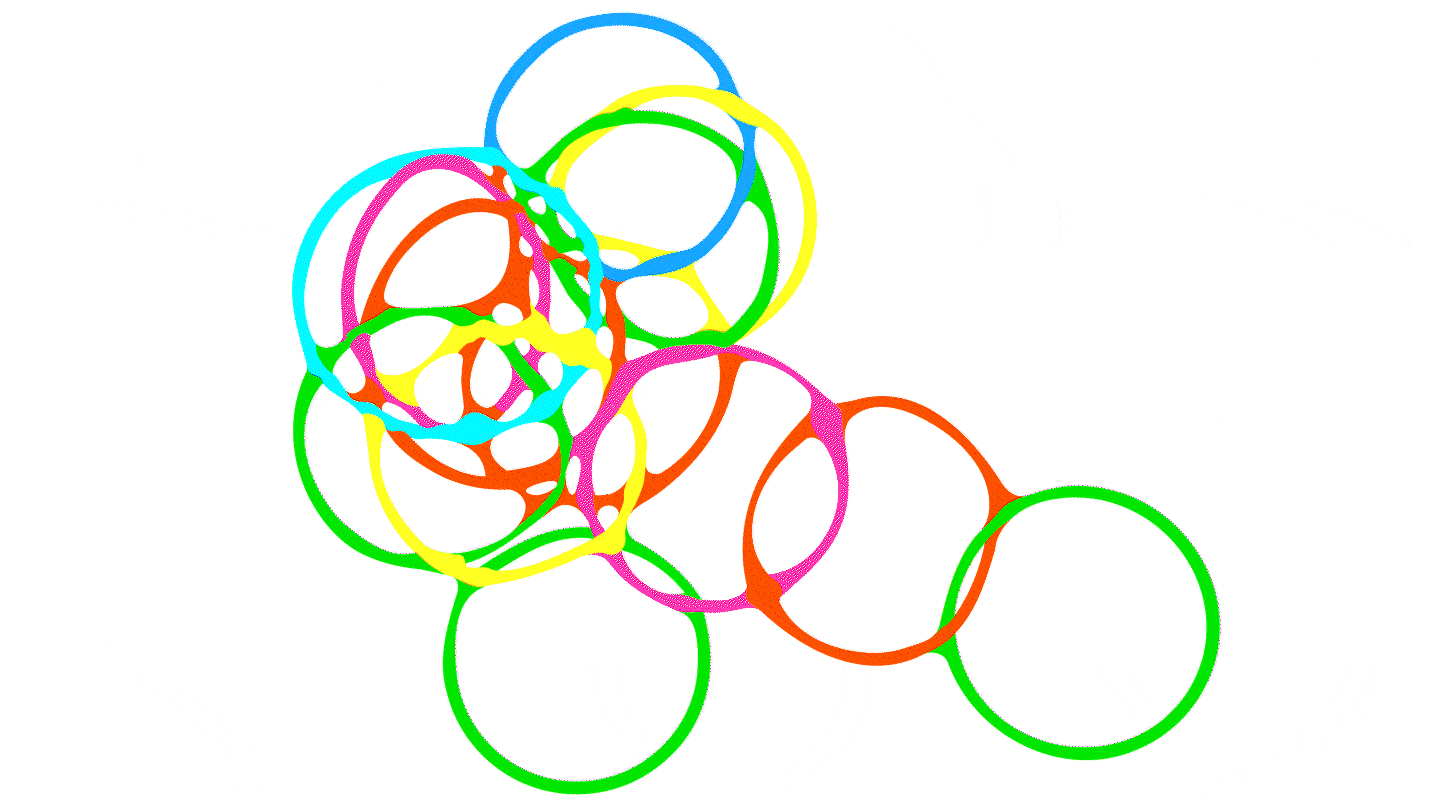Press
Resource Center
Gwangju Biennale Foundation unveils details of the 2024 Gwangju Biennale Pavilion
❍ The 15th Gwangju Biennale Pavilion, opening September 7, 2024, will feature 31 unique pavilions including contemporary art exhibitions across cultural venues in the city of Gwangju
❍ The Gwangju Biennale Pavilion will resonate with the theme of the main Gwangju Biennale exhibition, titled Pansori, a soundscape of the 21st century
❍ Celebrating its 30th anniversary this year, the Gwangju Biennale is a center for cross-cultural artistic collaboration and a cultural hub of Asia, infusing the local community with artistic imagination

June 19, 2024 – The Gwangju Biennale Foundation (led by President, Park Yang-woo) has announced further details of the 2024 Gwangju Biennale Pavilion, which will be on view as part of the 15th Gwangju Biennale from September 7– December 1, 2024. The Pavilion will feature contemporary art exhibitions featuring around 180 artists and artist teams from 32 countries, cities, and local and international arts organizations. The Pavilion will unfold across various locations in Gwangju, including art museums, galleries, cultural institutions, and everyday venues frequented by local residents, as well as sites associated with Gwangju’s history, such as the May 18 Archives and the May 18 Memorial Culture Center. The Pavilion provides a platform for domestic and international art and cultural institutions to connect, exchange ideas, and curate exhibitions and performances that reflect the global contemporary art scene.
The Gwangju Biennale Pavilion exhibitions will resonate with the theme of the main Biennale exhibition Pansori, a soundscape of the 21st century, curated by artistic director Nicolas Bourriaud, which explores sound, visual narrative, and the mapping of our complex contemporary world. The Pavilion, which commenced in 2018 with three participating organizations, grew to nine participants in 2023 and has expanded to 32 participants in 2024. The participating countries include Argentina, Austria, Canada, China, Denmark, Finland, Germany, Indonesia, Italy, Japan, Malaysia, Myanmar, the Netherlands, New Zealand, Peru, the Philippines, Poland, Qatar, Singapore, Spain, Sweden, Thailand, and Vietnam. This year's Gwangju Biennale Pavilion will feature flexible formats, highlighting collaborations between various institutions and curators, and institutions and countries, in addition to national pavilions.
The characteristic of each pavilion varies across the participating countries. The Spanish Art Pavilion will be organized by an artist. The Center for Digital Art Holon (CDA Holon) will organize a pavilion with a focus on media art. The United Kingdom will showcase the outcomes of its exchange with South Korea under the name "British Council-Korea Foundation Pavilion." The Africa Pavilion will feature a diverse range of contemporary artworks, inviting 25 artists from across the continent. The American Pavilion will be organized by the Asian Art Museum of San Francisco, displaying selected works by Asian American artists. The Union Pavilion will be run by P/////AKT, a non-profit organization based in the Netherlands. In addition to the pavilions, On Curating will present the Swiss Special Program consisting of large-scale performances in the Gwangju area.
Notably, three of the national pavilions have selected Korean organizations and curators to curate their pavilions. The China Pavilion has commissioned Art Soul (Director, Choi Sung-rok) to organize its exhibition with Shin Hang-seop as the curator. The Myanmar Pavilion is organized by the K&L Museum (CEO, Kim Sungmin) located in Gwacheon, Korea. The museum’s director, Kim Jin-hyung, will be curating the exhibition. Celebrating Italy's 140th anniversary of diplomatic relations with Korea, the Italian Cultural Institute in Seoul has invited Soik Jung (artistic director of the Korean Pavilion at the 18th Venice Architecture Biennale in 2023) as the curator of the Italy Pavilion.
Seven countries from the Association of Southeast Asian Nations (ASEAN), including Indonesia, Malaysia, Myanmar, the Philippines, Singapore, Thailand, and Vietnam will participate alongside China and Japan, representing a wide array of artistic voices from across Asia. The Korea Foundation and the ASEAN-Korea Center will carry out programming such as exhibitions, screenings, and colloquiums to facilitate cultural exchanges between Korea and ASEAN countries.
This year’s Gwangju Biennale Pavilion serves as a platform where diverse creative entities, including institutions, collectives, and individuals, come together to share knowledge and resources, and to foster vibrant communication. These ongoing collaborations transcend boundaries between nations, cities, and institutions, demonstrating the potential for diverse participants to form a community and shape the future together. Moving forward, the event is expected to enable flexible and close exchanges across Gwangju, leading to the expansion and development of these relationships into lasting, sustainable partnerships.
Notes to Editors
For the 15th Gwangju Biennale Pansori, a soundscape of the 21st century (Artistic Director Nicolas Bourriaud), the Biennale reverts to its regular even-year schedule in 2024, taking place for 86 days from September 7 to December 1.
2024 marks the 30th anniversary of the founding of the Gwangju Biennale in 1994, which led its first edition in 1995 under the title and theme Beyond the Borders.
About the Gwangju Biennale
Founded in 1994/1995 to commemorate the May 18 Gwangju Democratization Movement and the 50-year anniversary of Korea’s liberation, the Gwangju Biennale is now one of the leading art biennales in Asia. The Biennale fosters international cultural exchange and discourse on contemporary art, embodying the “Gwangju Spirit,” which encompasses the principles of revolution, democracy, and community. Over the past three decades, the Gwangju Biennale has challenged Western-centric art narratives, celebrated cultural diversity, and tackled global issues such as climate change, race, gender, and democracy. Centered in the Biennale Hall in Gwangju’s Jungoe Park, the event has elevated the city of 1.4 million to become a cultural hub of East Asia, known locally as the “City of Art, Cuisine, and Culture.” For more information, visit www.gwangjubiennale.org.